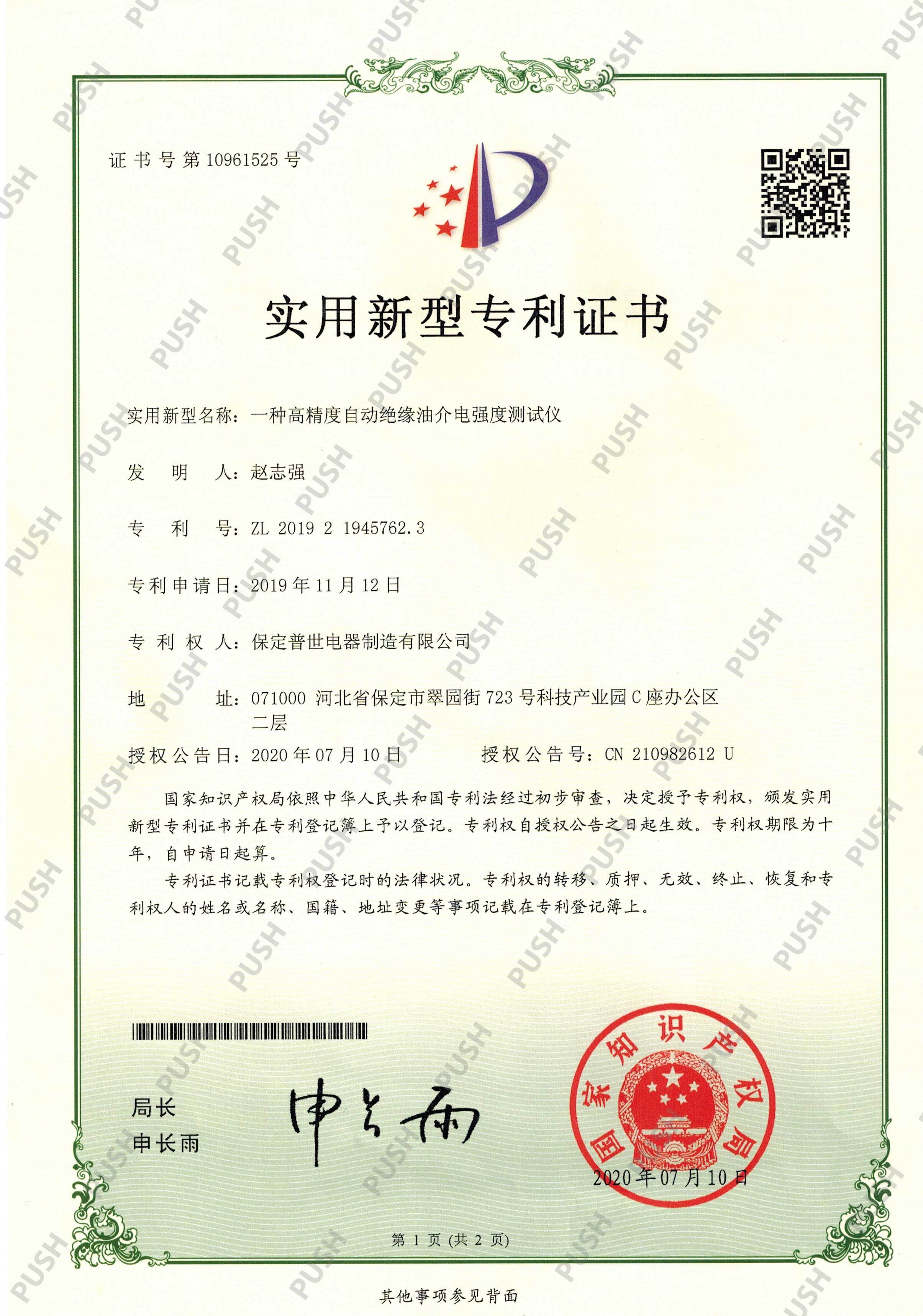 English
English



-
 Afrikaans
Afrikaans -
 Albanian
Albanian -
 Amharic
Amharic -
 Arabic
Arabic -
 Armenian
Armenian -
 Azerbaijani
Azerbaijani -
 Basque
Basque -
 Belarusian
Belarusian -
 Bengali
Bengali -
 Bosnian
Bosnian -
 Bulgarian
Bulgarian -
 Catalan
Catalan -
 Cebuano
Cebuano -
 China
China -
 China (Taiwan)
China (Taiwan) -
 Corsican
Corsican -
 Croatian
Croatian -
 Czech
Czech -
 Danish
Danish -
 Dutch
Dutch -
 English
English -
 Esperanto
Esperanto -
 Estonian
Estonian -
 Finnish
Finnish -
 French
French -
 Frisian
Frisian -
 Galician
Galician -
 Georgian
Georgian -
 German
German -
 Greek
Greek -
 Gujarati
Gujarati -
 Haitian Creole
Haitian Creole -
 hausa
hausa -
 hawaiian
hawaiian -
 Hebrew
Hebrew -
 Hindi
Hindi -
 Miao
Miao -
 Hungarian
Hungarian -
 Icelandic
Icelandic -
 igbo
igbo -
 Indonesian
Indonesian -
 irish
irish -
 Italian
Italian -
 Japanese
Japanese -
 Javanese
Javanese -
 Kannada
Kannada -
 kazakh
kazakh -
 Khmer
Khmer -
 Rwandese
Rwandese -
 Korean
Korean -
 Kurdish
Kurdish -
 Kyrgyz
Kyrgyz -
 Lao
Lao -
 Latin
Latin -
 Latvian
Latvian -
 Lithuanian
Lithuanian -
 Luxembourgish
Luxembourgish -
 Macedonian
Macedonian -
 Malgashi
Malgashi -
 Malay
Malay -
 Malayalam
Malayalam -
 Maltese
Maltese -
 Maori
Maori -
 Marathi
Marathi -
 Mongolian
Mongolian -
 Myanmar
Myanmar -
 Nepali
Nepali -
 Norwegian
Norwegian -
 Norwegian
Norwegian -
 Occitan
Occitan -
 Pashto
Pashto -
 Persian
Persian -
 Polish
Polish -
 Portuguese
Portuguese -
 Punjabi
Punjabi -
 Romanian
Romanian -
 Russian
Russian -
 Samoan
Samoan -
 Scottish Gaelic
Scottish Gaelic -
 Serbian
Serbian -
 Sesotho
Sesotho -
 Shona
Shona -
 Sindhi
Sindhi -
 Sinhala
Sinhala -
 Slovak
Slovak -
 Slovenian
Slovenian -
 Somali
Somali -
 Spanish
Spanish -
 Sundanese
Sundanese -
 Swahili
Swahili -
 Swedish
Swedish -
 Tagalog
Tagalog -
 Tajik
Tajik -
 Tamil
Tamil -
 Tatar
Tatar -
 Telugu
Telugu -
 Thai
Thai -
 Turkish
Turkish -
 Turkmen
Turkmen -
 Ukrainian
Ukrainian -
 Urdu
Urdu -
 Uighur
Uighur -
 Uzbek
Uzbek -
 Vietnamese
Vietnamese -
 Welsh
Welsh -
 Bantu
Bantu -
 Yiddish
Yiddish -
 Yoruba
Yoruba -
 Zulu
Zulu
viscometer oil
Understanding Viscometers and Their Role in Oil Measurement
Viscometers play a crucial role in the oil industry, where understanding the viscosity of fluids is essential for processing, quality control, and research. Viscosity, a measure of a fluid's resistance to flow, influences how oils behave under various temperatures and pressures. The significance of accurately measuring viscosity cannot be overstated, as it directly affects production efficiency, product quality, and equipment performance.
The Importance of Viscosity in Oil
In the context of oil, viscosity is an indicator of how thick or thin a fluid is. For oils, viscosity can vary widely; for instance, crude oil has a different viscosity compared to refined oils or synthetic oils. High-viscosity oils, such as heavy crude, are much thicker than low-viscosity oils. This difference is critical when it comes to transportation, processing, and end-use. For example, high-viscosity oils require more energy to pump, safe transportation methods, and specific refining techniques to convert them into usable products.
Understanding viscosity is also crucial when it comes to designing equipment and processes. For instance, in oil refineries, pumps and pipelines must be designed to handle certain viscosities. If the viscosity of the oil changes significantly, the equipment's efficiency could be compromised, leading to increased operational costs and potentially causing equipment failure.
How Viscometers Work
A viscometer is an instrument designed to measure the viscosity of a fluid. Various types of viscometers exist, each with its own operating principles. Some of the most common types include
1. Capillary Viscometers These measure the time it takes for a fluid to flow through a narrow tube. The viscosity is calculated based on the flow rate and the properties of the fluid.
viscometer oil

2. Rotational Viscometers These work by rotating a spindle in the fluid and measuring the torque required to turn it. This torque is directly related to the viscosity of the fluid.
3. Falling Ball Viscometers These measure the time it takes for a ball to fall through the fluid under the influence of gravity. The viscosity is determined by the drag force acting on the ball.
Each type of viscometer has its advantages and limitations, making them suitable for different applications within the oil industry.
Applications of Viscometers in the Oil Industry
Viscometers are widely utilized across various stages of oil production and processing. In exploration, they help characterize crude oil to determine the best extraction methods. During transportation, ensuring that the oil's viscosity is adequately monitored can prevent pipeline blockages and pump failures. In refining, viscosity measurements can guide process optimizations to enhance yield and product quality.
Quality control is another vital area where viscometers are employed. By routinely monitoring the viscosity of oils during production, companies can ensure consistency and adherence to industry standards. This is particularly important for lubricants, where viscosity affects performance characteristics such as wear protection, thermal stability, and fuel efficiency.
Conclusion
In summary, viscometers are indispensable tools in the oil industry, providing essential insights into the behavior of various oils. Their ability to measure viscosity has profound implications for production, transportation, and refining processes. As the oil industry continues to innovate and face challenges such as the shift towards more sustainable energy sources, the role of accurate viscosity measurement will remain critical. By ensuring that viscosity is carefully monitored, oil companies can enhance efficiency, maintain high-quality standards, and adapt to the evolving landscape of the energy sector.
-
Testing Equipment Industry Sees Major Advancements in 2025: Smart & Precision Technologies Lead the WayNewsJun.06,2025
-
Applications of Direct Current Generators in Renewable Energy SystemsNewsJun.05,2025
-
Hipot Tester Calibration and Accuracy GuidelinesNewsJun.05,2025
-
Digital Circuit Breaker Analyzer Features and BenefitsNewsJun.05,2025
-
Benefits of Real-Time Power Quality Monitoring Devices for Industrial EfficiencyNewsJun.05,2025
-
Earth Fault Loop Testing in High-Rise Building Electrical SystemsNewsJun.05,2025



